One of the most impressive empires that have ruled our world, the story of the Roman civilization -the story of a colossus that crumbles by its own weight -has been retold thousands of times. Cinema has captured both the antagonistic side of its influence, and the vibrant, dramatic epics of its most notorious figures.
It is not a coincidence that Shakespeare and so many other English stage authors felt strongly attracted to this setting. Conquest, revenge, power struggles, religious conflicts: the Roman Empire shaped our history in countless ways, and has likewise left countless stories for future artists to tell.
The Italian movie industry even lived a period where Roman and Biblical epics (Peplum or sword-and-sandal films, as they were called) went through a golden age. And though the 50’s and the 60’s exploited the trend perhaps to the point of exhaustion, modern titles like Gladiator and The Eagle have confirmed that there’s still a place for the Roman era in the industry.
These are some of the most important film scripts set in the Roman Empire era:
(1951) Quo Vadis
(1960) Spartacus
(1963) Cleopatra
(1979) Life of Brian
(1988) The Last Temptation of Christ
(1999) Titus
(2000) Gladiator
(2010) Centurion
(2011) Coriolanus

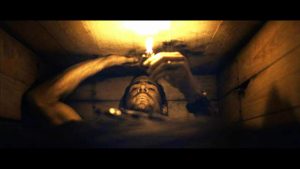

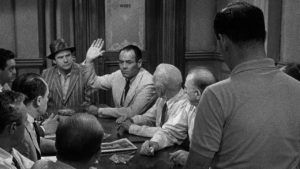
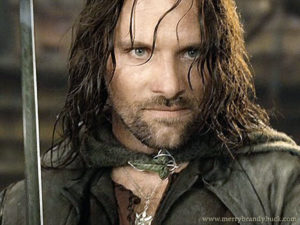


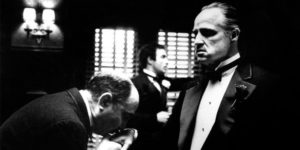
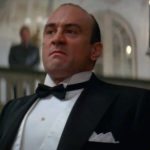
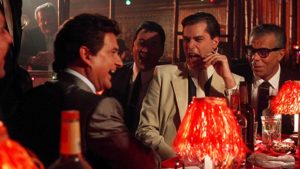




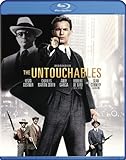

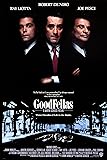
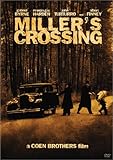

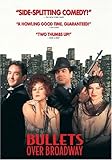


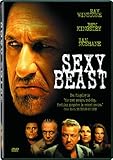





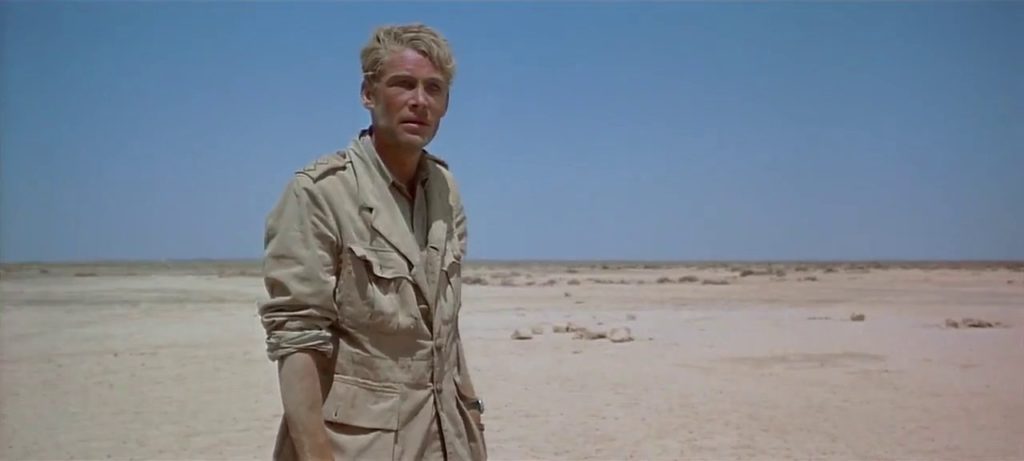
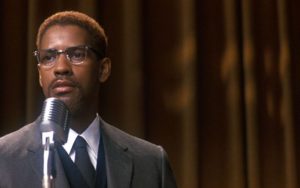
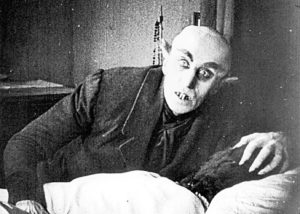
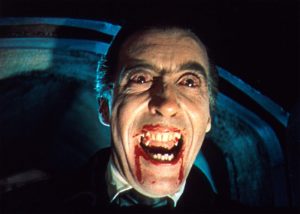
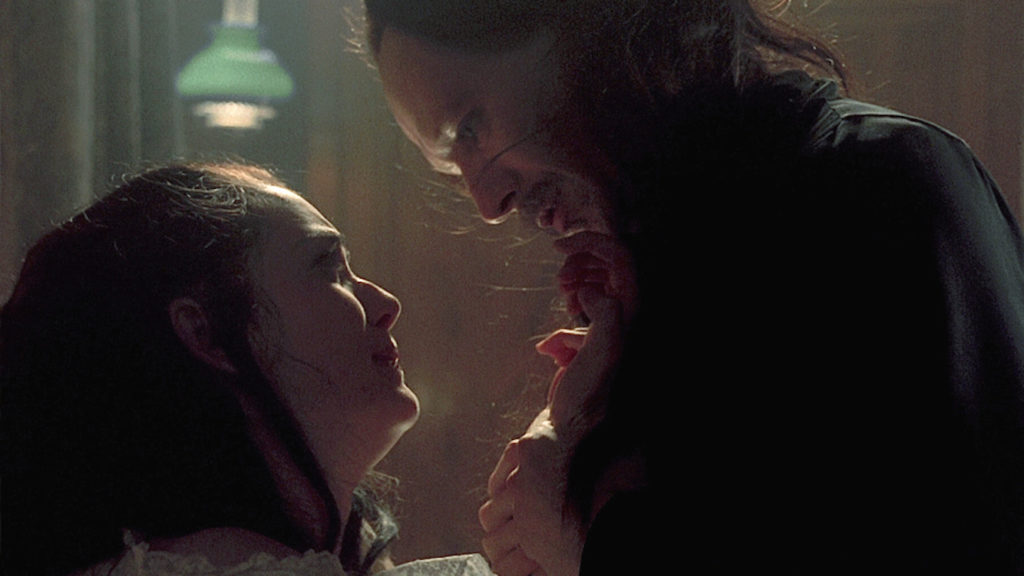

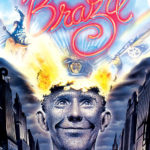
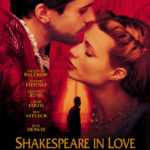

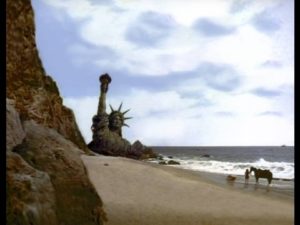

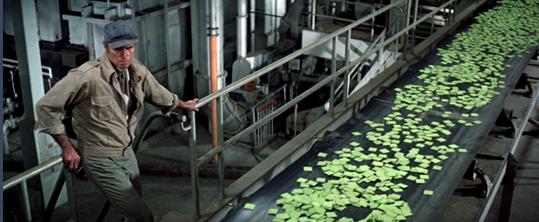

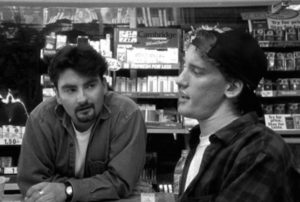

You must be logged in to post a comment.